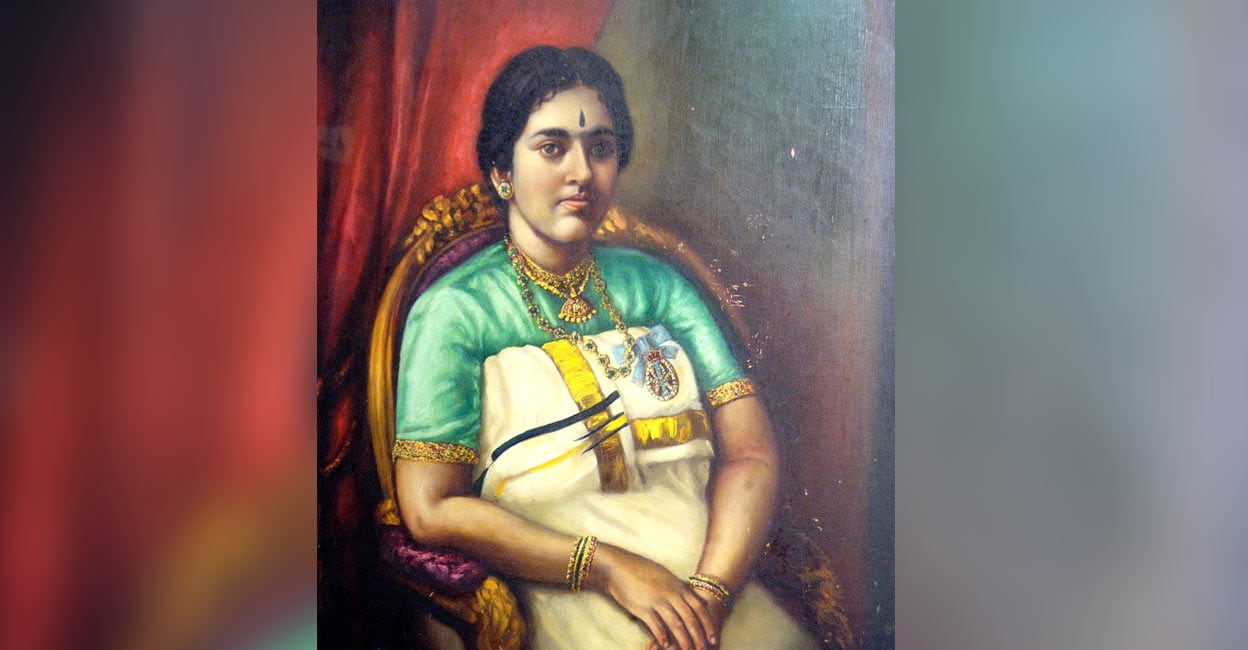Column | What the National Geographic Society had to say about Travancore in 1925

Mail This Article
Largely because of its natural beauty, many parts of what now forms the state of Kerala received glowing words of praise from foreign travellers over the centuries. There are enough travelogues that describe the backwaters, charming villages and coconut palm-laced villages. In 1925, however, it was an administrative decision in the princely state of Travancore that led to coverage by the National Geographic Society.
That year the regent of the state, Sethu Lakshmi Bayi appointed Maurice Emygdius Watts as the dewan. Son of the chief secretary of the Travancore government, Watts was born and raised in the state and chose a career in civil service. What surprised the Western media with his appointment was the belief that he was the first Christian to hold this important post. The society’s reporter missed the fact that John Munro held the post over a century earlier. The article though did provide a Western perspective of the social conditions in the state in 1925.
“Caste has meant- and of course still means - everything in Travancore,” the report said, adding that members of high castes found it difficult to travel since they could only eat food cooked by Brahmins. The article described how high caste men took Brahmin servants with them on railway journeys, so that the latter could cook fresh meals for them at stations. One could safely assume that only the wealthiest members of society would indulge in such practices.
“The dogma of ‘untouchableness’ is rampant,” the report said. “Progressive as the state is in many ways, one may at times hear on all sides the high caste man calling out as he walks, in order that the lower castes, whose mere proximity is supposed to defile him, may withdraw to the roadside.” This was obviously a more accurate assessment of the “lunatic asylum” that Kerala was on those days.
What was intriguing was how the few foreigners who were in Kerala were compartmentalised in this social equation, given the fact they did hold more than a fair share of power.

“It does not do for travelling Westerners to analyse too closely the peculiar customs they encounter in Travancore,” the report said. “Even the most important British governmental dignitaries are received by the maharaja of Travancore at seven o’clock in the morning. It is a vexatious thing for a Westerner to have to tumble out of bed for such an unusual appointment. But the early engagement is more than vexatious when the visitor learns the real reason for it. The maharaja bathes ceremonially at eight o’clock. He must have the necessary contacts with persons not of his caste before the bath so that he will be ‘uncontaminated’ for the rest of the day.”
The Travancore royals, for their part, did bring about major reforms in the decades following this account.
Natural beauty
No matter how irritated a Western visitor to Kerala was with the social customs, there could never be an account that did not praise the landscapes. The National Geographic Society reporter did not forget to sing his own paeans.
“Moisture is abundant and the vegetation luxuriantly tropical,” he wrote. “It is rated by many travellers, as the most fertile and picturesque area in India, being linked in the latter regard with far differently situated Kashmir.”
The reporter, whose name did not appear in the article, travelled in what he called a “cabin boat” on the lagoons. “The lagoons are lined with almost unbroken groves of coconut palms, on which much of the wealth of Travancore rests,” the report said, adding that the people did work “very energetically” on account of the climate, but sustained themselves on the sale of coconuts.
The article also has small accounts of places like Trivandrum, which the reporter did not seem to be too fond of. He had been told that the city was “forty miles from a railroad and forty years behind the times.” There are mentions of some of the modern office buildings, schools, fort and palaces which the reporter said helped lift the city above mediocrity. He wrote, “Unless a European is sufficiently well off to hire a servant to pull a punkah (huge fan) while he sleeps, he will probably flee from Trivandrum after a short stay.”
In the 21st century, the very thought of poverty forcing people to wave punkahs all night so that their masters sleep well is repugnant. Alas, there are other kinds of slavery in this age!
We live in a less-than-ideal world, but it is clear from old travel accounts (even flawed ones like the National Geographic Society article) that places like Kerala have made immense social progress - something to be very grateful for!
(Ajay Kamalakaran is a multilingual writer, primarily based in Mumbai)


